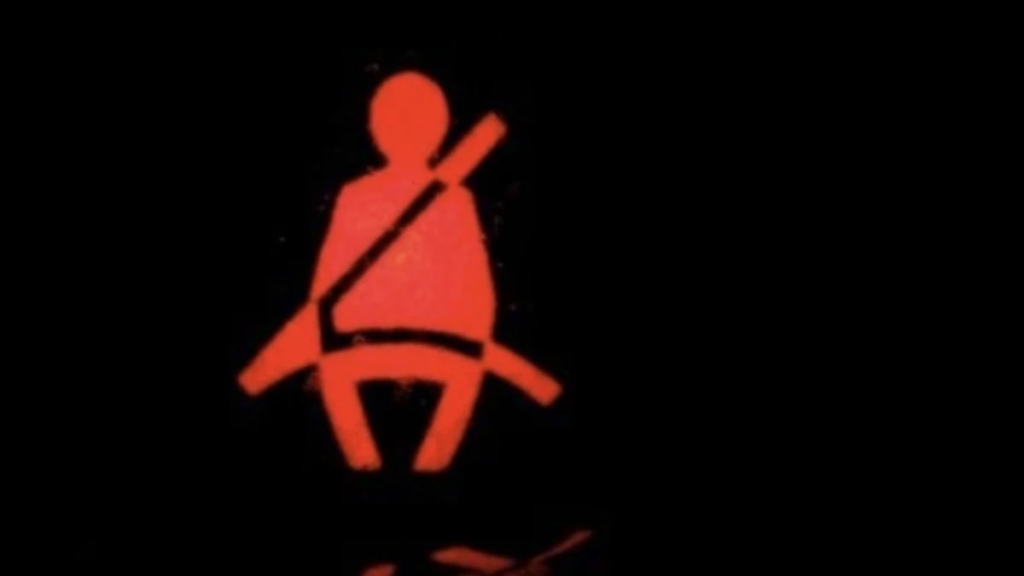Another beep in the cockpit? Speeders in California may hear it after 2030

For some drivers, the audible warning of an unbuckled seatbelt that repeats in a car’s cockpit is a mighty annoyance. For some, it’s a welcome reminder to buckle up.
For Californians — in a state where automotive safety issues often take center stage before emerging nationally — it’s likely that yet another chime “reminder” will makes its way into vehicles: one that beeps when the driver exceeds the speed limit by more than 10 miles per hour.
If Gov. Gavin Newsom signs Senate Bill 961 this month, new vehicles sold or leased in California from 2030 onward will have to include a driver alert to discourage speeding. It’s not a speed restrictor per se, but a “brief, one-time” audio beep and light alert.
The so-called “passive intelligent speed assistance system,” as specified in the Senate bill, “determines the speed limit of the roadway that the vehicle is traveling on, and utilizes a brief, one-time visual and audio signal to alert the driver each time they exceed the speed limit by more than 10 miles per hour.”
The technology would employ GPS information and a forward facing camera able to read speed limit signs. There would be exemptions for some trucks and motorcycles, however, and emergency vehicles would also be exempt. The technology already exists in many new vehicles. Volvo’s Road Sign Information system, for example, will chime when a driver exceeds the posted speed limit by 3 mph, and the display showing the current speed limit will flash momentarily.
The proposed mandate introduced earlier this year by state Sen. Scott Wiener has passed through the state Senate (26 in favor to 9 opposed) and the Assembly floor (47 in favor, 17 opposed). Newsom has the option to sign it into law or veto it. If he vetoes, the Legislature has 60 days to try to override.
Some agencies, including the National Transportation Safety Board, support the idea, according to ABC7 News. Said Wiener, “We’re not physically stopping them, if people choose to speed, that’s their choice, and it creates risk, and they might get a ticket for it. But the least we can do is make sure people are aware if they are driving 10 miles per hour over the speed limit.”







